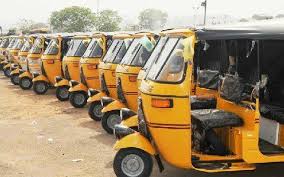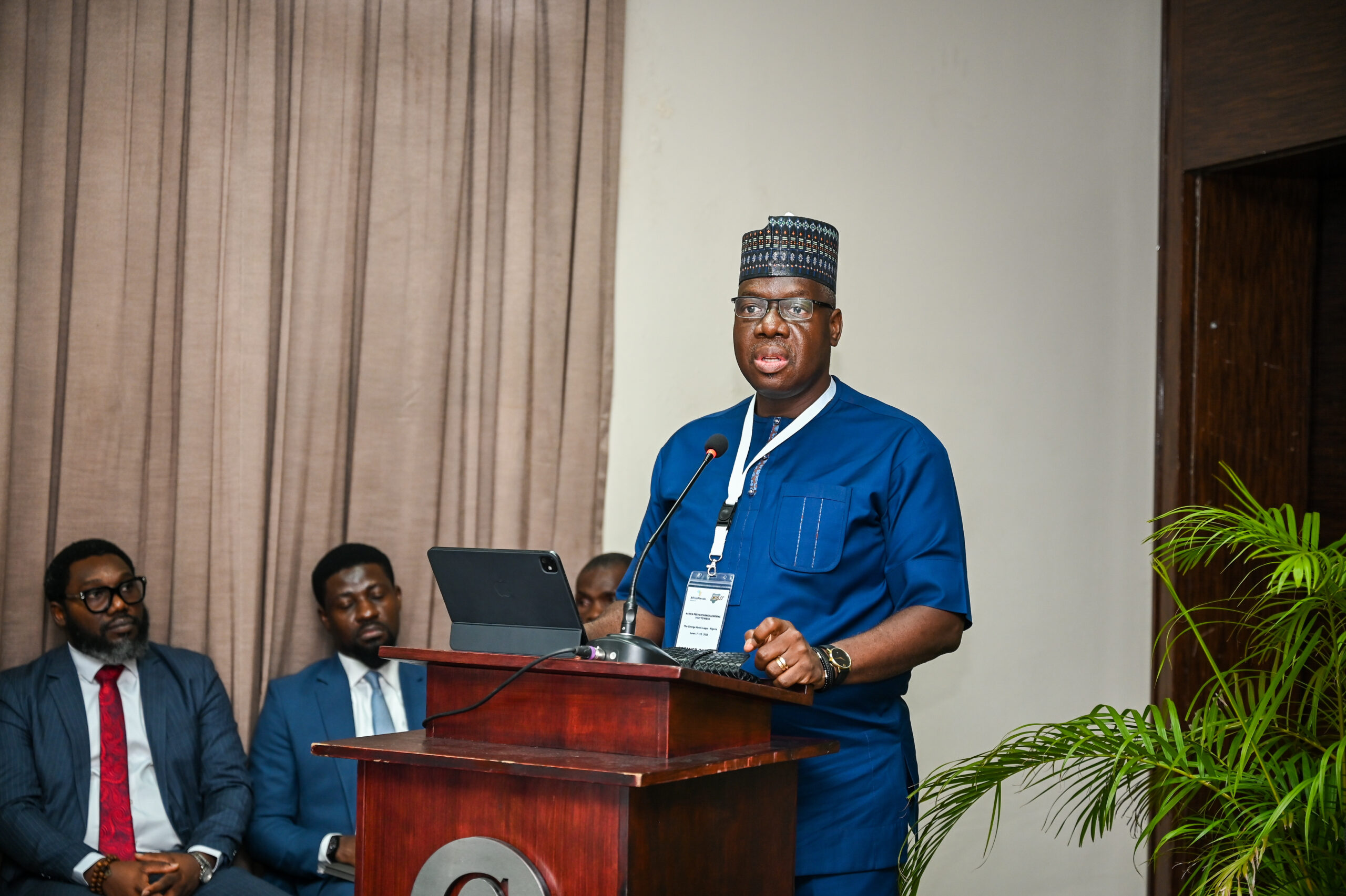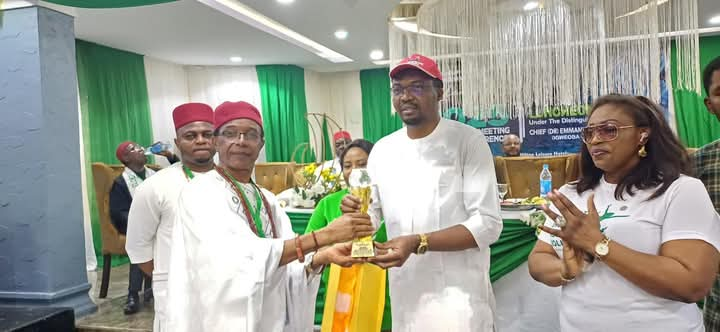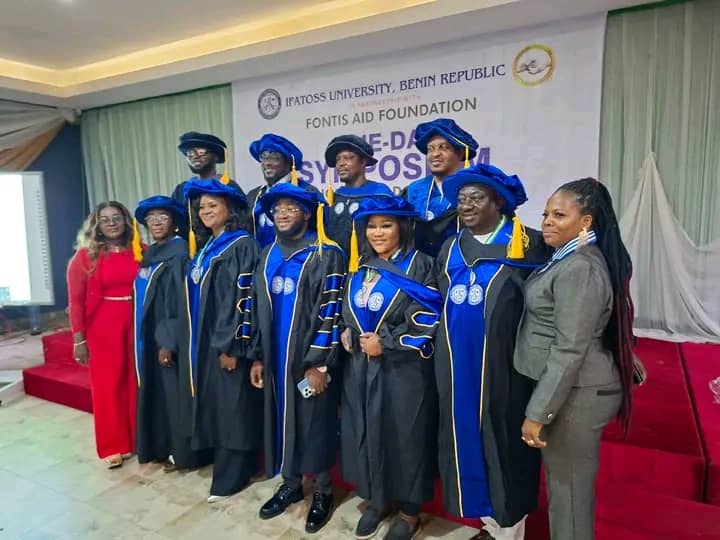University don, Professor Austen Azubogu, wants the Federal and state governments to fund the commercial conversion of auto rickshaws (Keke NAPEP), from its present Internal Combustion Engine (ICE) to electric.
This he said will help to solve the problem of the intermediate public transportation system in Nigeria.
Prof. Azubogu, the Director, Technology Incubation Centre, (TIC), Nnamdi Azikiwe University, Awka, Professor Austen Azubogu, made the call in an interview in Awka.
He stressed for synergy between government and the private sector in achieving the conversion which will greatly reduce the cost of operation and use.
“When the petrol engine is converted to electric power train that runs on batteries, it will reduce carbon emission,” he said.
“The fumes and carbon dioxide emitted by keke machines contribute to ozone depletion.
“Recharging the batteries through solar power which is practically free, drastically reduces the cost of refueling.
“That results in reduction in what the average Nigerian spends on intermediate transportation as cost of petrol per litre is unfriendly and consumers bear the brunt.
Emulating the Indian example
Azubogu noted that India, which also uses rickshaws for its intermediate transportation system, is already converting 10,000 auto rickshaws every month into electric.
“There are efforts to replicate that in Nigeria but the buy-in is still very poor.”
“The Technology Incubation Centre (TIC) in UNIZIK had written a proposal to TETFund to fund the implementation of this initiative, starting with UNIZIK.
“Surprisingly, the effort, which scaled the concept note stage, was unsuccessful at the final stage.
He faulted the current practice in some states of importing electric Keke and giving on hire purchase to youths.
“For him, “conversion of the existing Keke is the best thing to do.”
“We have over two million keke in Nigeria powered by Internal Combustion Engine, ICE, which runs on petrol.
“If we are to import more of the brand new keke, we are only populating the country with the chasis which we send back to India and they refurbish the body, remove the engine and put the electric drive train and sell back to us.
Conversion saves cost
The university don said, “Converting saves us a lot of resources because the frame, which has a longer life span, can be converted to electric and put to better use.
Why are we sending back chassis of these keke, which have no problem to India as scrap?” he queried.
The TIC-UNIZIK director, however, revealed that despite the rejection from TETFund, the university is doing crowdfunding to demonstrate the viability of the initiative.
“The research team at the centre has successfully converted one TVS King petrol-powered Keke to battery-powered electric using a custom-designed integrated conversion kit.
“The team is setting up the solar-powered charge/swap stations.
We want to put solar panels on top of charge/swap stations that are modular, put the inverter and charge controller.
“Now, the keke comes and swaps its discharged battery with a fully-charged one, and the operator pays a token.
“As he conducts his business and the battery depreciates, he comes back and we do the same again.
“We can have these charge/swap stations deployed at convenient places such as filling stations, supermarkets, Mechanic workshops, etc.
“The Charge/swap stations are smart with ability to monitor the battery levels and can inform Keke operators when they need replacement.
Same technology for shuttle buses
Prof Azubogu shared the possibility of replicating same on the four-wheeler just like a Shuttle bus, just have the ICE engine replaced by custom-designed electric drive train.”
He stressed the need to support local research institutes like TIC-UNIZIK to ensure a homegrown system that make room for improvements on observed gaps.
“All we are asking is for the funding and we do not need so much money because we are proposing a business plan that can yield revenue.
“All we requested from TETFund to set up two charge/swap stations and convert two keke ICE motor to electric is barely 40 million naira, because we were still at the research level.
“It is not something that importing electric motor can address. The solution must be home-grown, factoring in the peculiarities of the country.
“This also creates the room for further research and improvement on the initiative, where gaps are identified,” Azubogu maintained.





